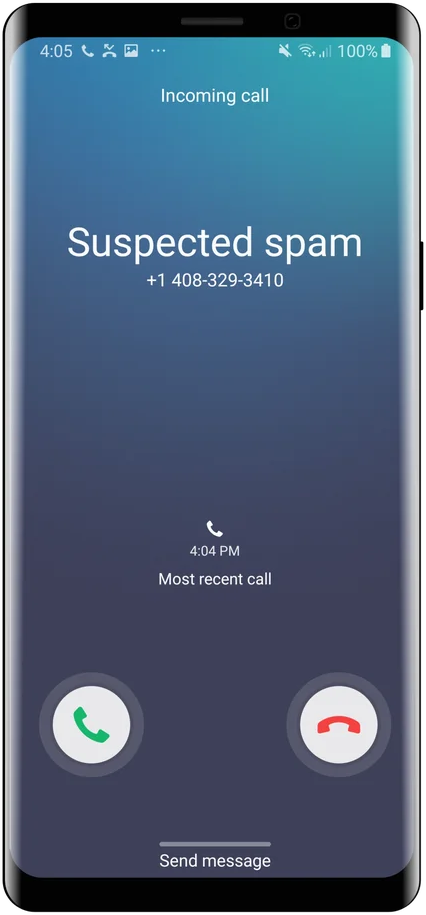Understanding Call Blocking Systems: How They Work and Why You Need One
Published at: 2023-11-02 22:02
In today's digital age, unwanted and spam calls have become a persistent nuisance for individuals and businesses alike. Fortunately, call blocking systems have emerged as an effective solution to tackle this problem. In this blog post, we will delve into the world of call blocking systems, exploring how they work and why they are a crucial tool in managing your phone calls.

Sample of call blocker of Cibera VPN
What Are Call Blocking Systems?
Call blocking systems are software or hardware solutions designed to prevent unwanted calls from reaching your phone. They work by screening incoming calls and determining whether a call should be allowed or blocked based on predetermined criteria.
How Do Call Blocking Systems Work?
Call blocking systems employ several techniques to filter incoming calls effectively. Here's an overview of the key methods they use:
Blacklists and Whitelists: Call blocking systems maintain lists of phone numbers that are either allowed or blocked. Numbers on the blacklist are typically associated with spam, telemarketing, or fraudulent calls, and these calls are automatically rejected. In contrast, numbers on the whitelist are trusted contacts and are allowed to ring through.
Call Pattern Analysis: Some advanced call blocking systems use algorithms to analyze call patterns and identify potential spam or scam calls. They may examine factors like call frequency, call duration, and the geographic origin of the call.
Caller ID Verification: These systems verify the caller's identity by checking the Caller ID information. If a call has a fake or blocked Caller ID, it can be flagged as suspicious and blocked.
Community Feedback: Some call blocking systems allow users to report spam calls. These reports can contribute to a community-driven database of spam numbers, enhancing the system's ability to identify and block unwanted calls.
Why You Need a Call Blocking System
Protection from Spam and Scam Calls:: The most obvious benefit of call blocking systems is protection from unwanted and potentially harmful calls. They help you avoid scams, phishing attempts, and unsolicited telemarketing.
Peace of Mind: Knowing that your phone won't constantly ring with spam calls provides peace of mind. You can answer calls confidently, knowing they are more likely to be from trusted sources.
Enhanced Productivity: For businesses, call blocking systems can boost productivity by reducing interruptions from unwanted calls, allowing employees to focus on important tasks.
Privacy: Call blocking systems help protect your privacy by preventing your personal information from falling into the wrong hands.
Cost Savings: By reducing spam and telemarketing calls, you can potentially save on call charges and avoid falling victim to costly scams
Conclusion
Call blocking systems are essential tools in today's digital world, helping individuals and businesses maintain control over their phone communications. These systems employ various techniques to identify and block unwanted calls, offering protection from spam, scams, and privacy invasions. Whether you're seeking peace of mind, increased productivity, or cost savings, a call blocking system can significantly improve your phone call experience. Embrace this technology to reclaim control over your phone calls and enjoy a more secure and hassle-free communication experience.
Cibera VPN Team
